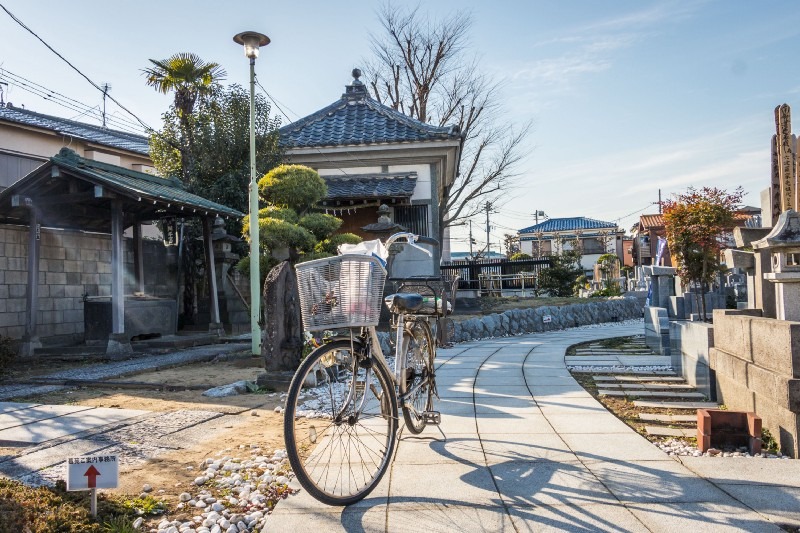In the autumn of last year I reflected upon the extraordinary summer heat we had experienced, and the effect of seasonality upon near-term marketing success — or failure.
If you recall, last year convenience stores fared well thanks to brisk sales of chilled foods and beverages, as did several beverage makers that enjoyed sudden increases in operating profits. There were also one-time drivers that super-charged sales last summer, including government subsidies for environmentally friendly cars, and the “eco-point” program that encouraged purchases of greener electrical appliances, such as newer flat-panel TVs and air-conditioning units.
With many predicting another scorcher this summer, and considering the knock-on effect of ongoing energy-saving efforts in the wake of the March 11 catastrophe in the Tohoku region, we will no doubt see some interesting and unexpected marketing triumphs. Since the government announced its intention to reduce Tokyo’s energy consumption by 15% starting July 1, both individuals and businesses are trying to curb excessive power usage, for example by limiting the use of air conditioning and lighting in workplaces and retail spaces. Not surprisingly, we have also seen increased interest in energy-efficient products, such as fans and light-emitting diode lighting.
Of course, there are other ways to reduce energy consumption while also alleviating a little of the physical discomfort during the sultry summer months. The more cynical among us may have grown tired of the now annual proclamations that corporate Japan is changing its staid attitudes toward so-called Cool Biz business attire (only for it not to change!). However, I would think that this summer will be the turning point for widespread acceptance and adoption of the idea.
Certainly, as commuter trains, workplaces and retail establishments do their part by powering-down the air conditioning — many to a still sweltering 28 C (82.4 F) — apparel makers are already seeing increased sales of their Cool Biz garments.
Despite the authorities’ continuing and unabashed resistance to daylight-saving “summertime” (as observed in much of North America and Europe), firms like Goldman Sachs Japan Co., Nippon Telegraph and Telephone Corp., and Nissan Motor Co. are implementing their own “corporate summertime” by changing or staggering office hours to avoid the hottest times of day and periods of peak energy consumption. This should ease the burden on both the eastern grid and wilting employees. An upshot has been earlier opening hours by cafes and fast-food outlets, such as Pronto and Mos Burger, hoping to cash in on increasing numbers of early-morning commuters.
With many of Tokyo’s notoriously over-worked office workers enjoying reduced hours, some have proclaimed “4 to be the new 5,” causing izakaya pub chain operators and restaurant owners to anticipate growth in “after hours” business. On a similar note, makers of alcoholic beverages, such as Suntory Holdings Ltd. and Mercian Corp., are building on the success of cheaper-priced boom products (such as Suntory’s still wildly popular Kaku Highball) and promoting the imbibing of budget wines served with ice.
Indeed, the sudden availability of extra leisure time is expected to benefit a variety of businesses. And with consumers beginning to return to normal spending behavior, there will no doubt be at least some boost to the economy. However, we might say that consumers will be spending in a “kinder and gentler,” less selfish and more thoughtful manner. As some have already pointed out, whereas Japanese consumers in the 1960s aspired to the so-called “three C’s” — car, cooler, and color television — this summer they will be seeking the “three S’s” — social, sustainable and shareable.
Debbie Howard is Chairman of CarterJMRN and President Emeritus of the American Chamber of Commerce in Japan.
Originally Published in Nikkei Weekly, 7th July 2011
CarterJMRN is a strategic market research agency that has been helping clients with consumers and businesses in Japan and beyond since 1989.
We believe that, although the terrain you face in building a successful marketing strategy and activation path sometimes seems obscure, the path to success is knowable and that the consumer is the guide who will show you the way.
Find out more and get in touch on our site
